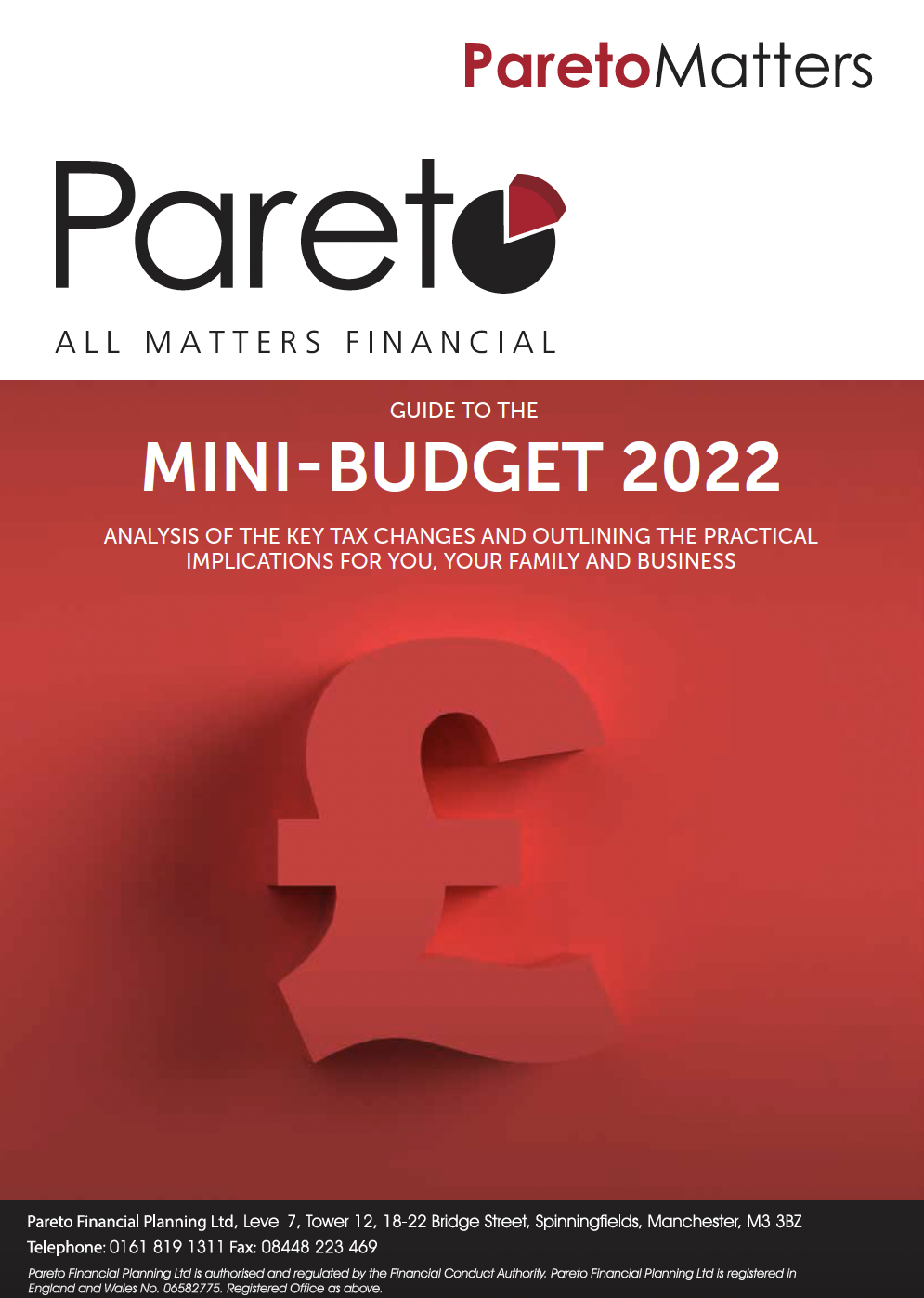On 23 September Chancellor Kwasi Kwarteng outlined a series of measures he believes will boost growth which has been dubbed The Growth Plan 2022.
The objective of this plan is to achieve a sustainable trend growth rate of 2.5 per cent focussing on maintaining responsible public finances, reforming the supply-side of the economy and cutting taxes to boost growth.
The chancellor says his statement will also provide the “biggest package in generations” of tax cuts to send a clear signal that economic growth is the government’s priority.
